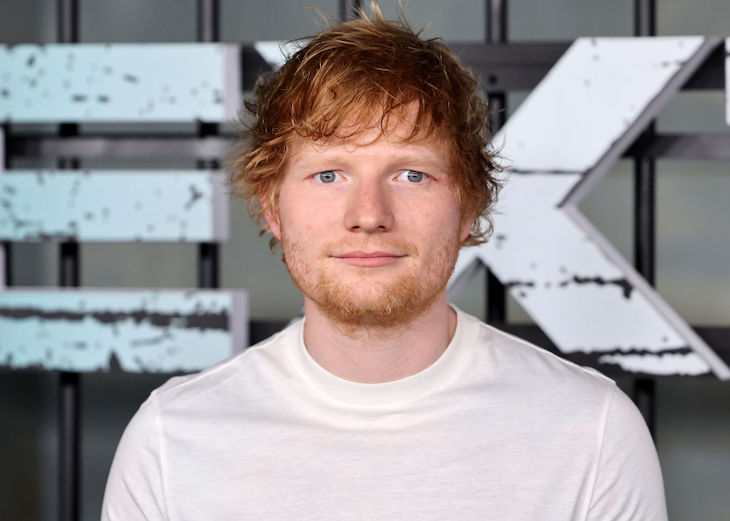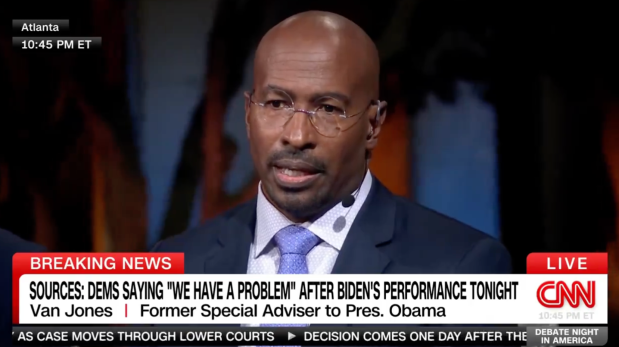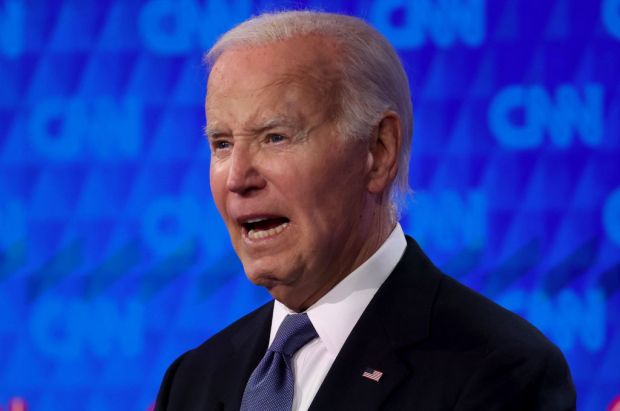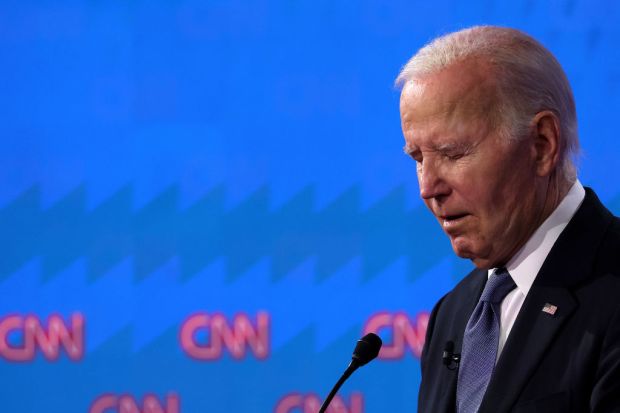Who’s the worst pop star of modern times? Some might say that Adele sounds like a moose with PMT – and Sam Smith certainly has his knockers. But I’d be tempted to plump for Ed Sheeran.
The 32-year-old is the most successful pop star of our time, with a voice best described as pasteurised ‘urban’ delivered with an insistent, hollow enthusiasm.
Already a subscriber? Log in
Subscribe for just $2 a week
Try a month of The Spectator Australia absolutely free and without commitment. Not only that but – if you choose to continue – you’ll pay just $2 a week for your first year.
- Unlimited access to spectator.com.au and app
- The weekly edition on the Spectator Australia app
- Spectator podcasts and newsletters
- Full access to spectator.co.uk
Or





















Comments
Don't miss out
Join the conversation with other Spectator Australia readers. Subscribe to leave a comment.
SUBSCRIBEAlready a subscriber? Log in